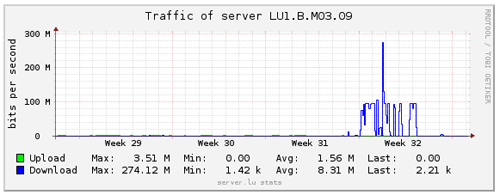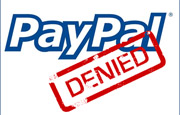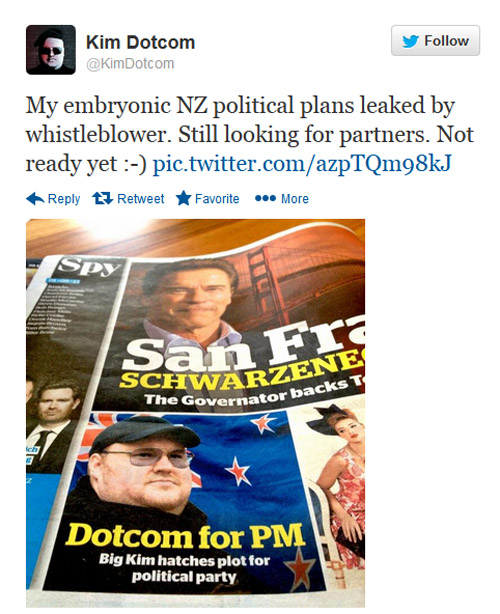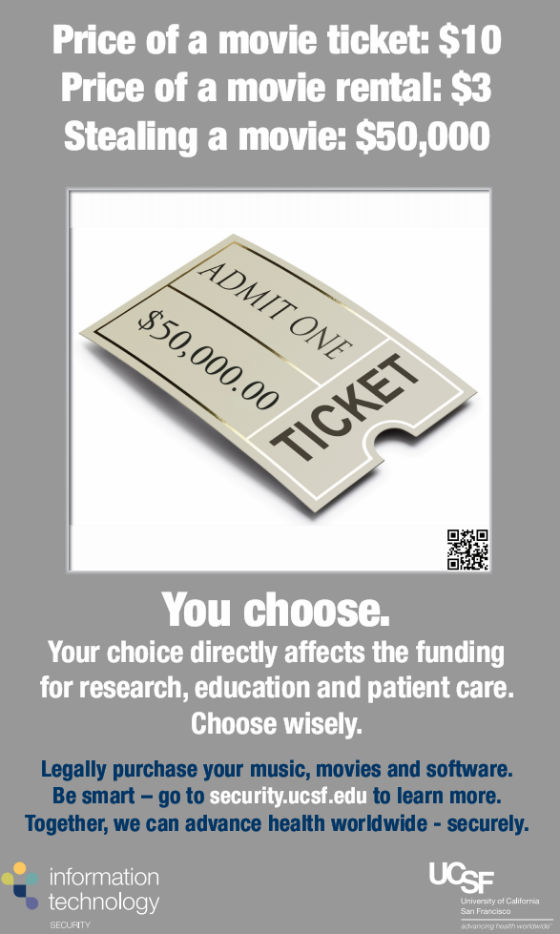 Putting together a private torrent site from scratch is not simply a case of pressing a few buttons to activate an automated script. All in it’s a task probably on par with renovating a house or completely rebuilding a car engine.
Putting together a private torrent site from scratch is not simply a case of pressing a few buttons to activate an automated script. All in it’s a task probably on par with renovating a house or completely rebuilding a car engine.
However, once the engine is running and the house is completed that’s usually more or less the end of the matter, but no such thing happens with a torrent site. There are always people who want to throw junk in the gearbox and tear down the walls.
Over the past few weeks TorrentFreak has been chatting with Xtreme Wrestling Torrents, a site dedicated to indexing wrestling shows and other fighting events. The site has been under attack in a number of different ways and the admin believes that anti-piracy groups are to blame. So what do these events look like from the inside?
DDoS attacks
The most recent batch of problems began during the first week of August when XWT was taken offline by a barrage of unwanted traffic.
“Our server was hit by a devastating DDoS attack, it crippled our entire network to the point that we were lucky to get an up to date backup from it,” the site’s admin told TorrentFreak.
“At one point there was literally nothing our host could do but to nullroute the server IPs. [The attack] took us down for almost four days, which is the longest downtime suffered for the site in its eight year existence.”

Almost two weeks later the attacks restarted but this time things were different. XWT had been forced to invest in DDoS protection and although costly, the decision paid off and the site stayed online.
But of course the big question is who was behind the attacks? XWT told TorrentFreak that the site’s datacenter managed to trace the attacks back to companies linked with a pair of sports organizations. However, in order for us to name the companies in question we would need to see logs of the attacks but since the datacenter wouldn’t hand them over, we’ve decided not to publish their names. That said, it’s beyond doubt that the attacks actually took place.
Cease and Desists and general threats
XWT showed us a selection of emails the site has received from outfits including wrestling company WWE. In the initial correspondence the company’s lawyer insists that the site should remove links and even delete user accounts of individuals uploading content. A follow-up email dated August 13 noted that XWT had “not geoblocked certain users from accessing your website” as previously requested.
However, WWE are not the only rightsholder interested in the site. A company called Ring of Honor Wrestling has hired Takedown Piracy (TDP) to put XWT under pressure. The email exchange between TDP’s Nate Glass and the XWT admin started in a standard way (professionally formatted “remove illegal torrents” style) but as can be seen from the quotes below, the conversation quickly got more heated.
 “These torrents will NOT be removed,” responded the XWT admin, sparking the problems.
“These torrents will NOT be removed,” responded the XWT admin, sparking the problems.
“So you know full well that this is copyrighted material of Ring of Honor and you are refusing to remove it?” Glass fired back.
What followed was XWT stating that torrent files are just meta links being hosted in a country where XWT believes they are legal. Following a pause, the XWT admin asks Glass why he isn’t going after the sites actually hosting the content.
Glass explains that he will do that and informs XWT that the conversations being held will be passed onto the lawyers of ROH, UFC and WWE. In response, XWT indicates that they aren’t too concerned.
“Collect your evidence, but I hope you have a name and address to attach to all of that,” XWT said.
“I have the name and address you list in your WHOIS,” Glass fired back. “Unless that information is false, which seems to be a cowardly move if you really feel that you are 100% legal, what would you have to hide by giving false information?”
Clearly going round in circles, it seems that targeting XWT’s revenue is an option.
Hitting a torrent site in its pocket by targeting payment processors
 “So we’ll play the payment processor game again,” Glass said in another email. “I thought we had already [gone] through this and you stated you would remove [content] when we sent you a notice. So now you are going back on your word.”
“So we’ll play the payment processor game again,” Glass said in another email. “I thought we had already [gone] through this and you stated you would remove [content] when we sent you a notice. So now you are going back on your word.”
According to XWT, Glass has been giving the site “a lot of trouble” over the past year and has reported the site to several payment processors.
“From Google Checkout, to PayPal, to 2Checkout, the list goes on and on,” XWT explain.
Anyone wanting to hear Takedown Piracy’s account of what’s been going on in their battle with XWT can do so here. It illustrates just how complex these matters can get.
Conclusion
Just to be absolutely clear, there is no suggestion whatsoever that Takedown Piracy were involved in any DDoS attack against XWT, or that all of the anti-piracy actions mentioned in this article are coordinated in any way. This is just an example of the kind of thing some torrent sites have to deal with when approached by an anti-piracy company being paid to make life difficult for them.
There will no doubt be people who feel that any kind of an attack on a site that refuses to comply with takedown notices is fair, while others will insist that the opposite is true, especially when a site is located in a jurisdiction where the DMCA does not apply.
Compromise of some sort seems like a preferable solution, but that’s something for the interested parties to decide.
Source: Ignoring DMCA Notices, BitTorrent Tracker Subjected to Attacks

 This week we have two newcomers in our chart.
This week we have two newcomers in our chart.  When the printing press hit Europe, royalty and clergy panicked.
When the printing press hit Europe, royalty and clergy panicked. 

 In recent years US colleges and universities have undertaken drastic measures to reduce piracy, but none comes close to the “copyright awareness” campaign one of the top medical schools is currently running.
In recent years US colleges and universities have undertaken drastic measures to reduce piracy, but none comes close to the “copyright awareness” campaign one of the top medical schools is currently running. 



